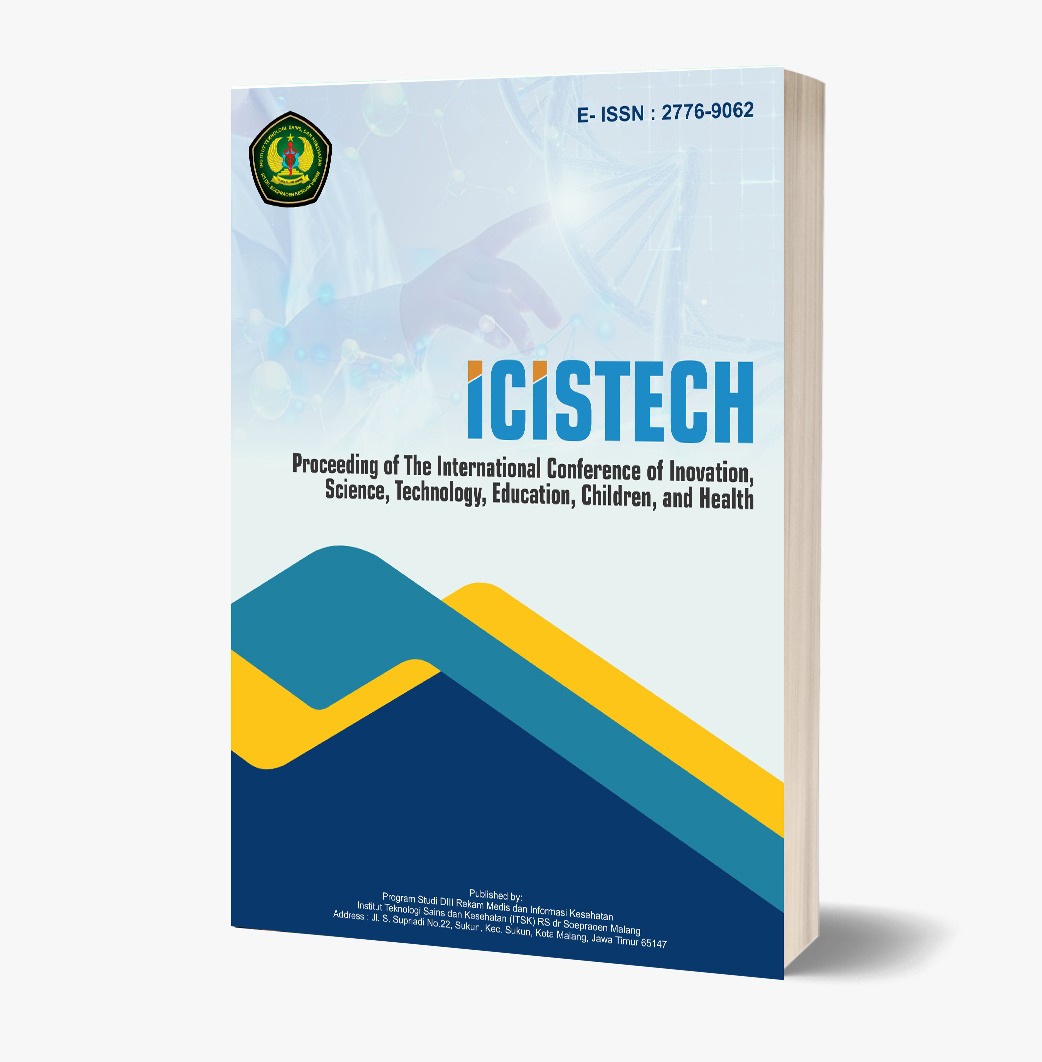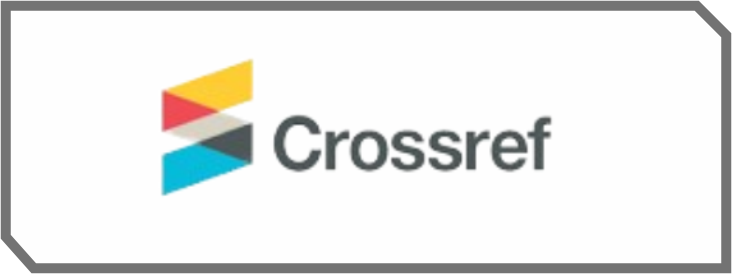Implementation Of The Jigsaw Learning Model To Improve Student Learning Outcomes In Akidah Akhlak For Grade VI At MI PSM Gedoro
DOI:
https://doi.org/10.62951/icistech.v4i2.83Keywords:
Jigsaw Learning Model, Akidah Akhlak, Learning ResultAbstract
Akidah Akhlak as a subject in Islamic education at MI PSM Gedoro often faces challenges in student engagement due to its perceived monotony. In this study, the Jigsaw learning model is applied to address this issue, with the aim of clarifying the teacher's presentation of the material, addressing active student participation, and overcoming space limitations to make learning more effective. In this model, the teacher provides each student with the opportunity to study a portion of the material so that they become experts in their respective areas. This expertise is then taught to their peers in other groups. Peers in other groups also study different parts of the material and become experts in their areas. The interaction that occurs is a sharing pattern of learning, where each student gains high confidence due to having unique expertise needed by others. Each student will feel interdependent and reliant on others. The choice of the Jigsaw learning model for the Akidah Akhlak subject is intentionally made to engage students actively during the learning process, review previously learned material, gain a detailed understanding of the content, and build good cooperation among peers. Classroom Action Research (CAR) is used as the research methodology. The results of the first cycle show that 34.78% of students scored above 75, which increased to 82.61% in the second cycle. This indicates that the Jigsaw learning model effectively enhances student engagement and learning result.
References
Djabba, R. (2020). Application of the jigsaw type cooperative learning model in improving the science learning result of class V students of State Primary School 48 Parepare.
Gusti Made, & Widarta, A. (2020). Implementation of a jigsaw type cooperative learning model to increase motivation and results.
Harahap, N. A. L., & Hasrul. (2016). Jigsaw type cooperative learning.
Lestari, I. (2015). The influence of study time and interest in learning on mathematics learning result. Formatif: Scientific Journal of Mathematics and Natural Sciences Education.
Naswan, A. D. N. E. L. T. P., & Suharsono. (2014). The influence of learning motivation and spiritual learning activities on accounting learning result. Economic Journal, 4.
Nur Ainun Lubis, & Hasrul Harahap. (2016). Jigsaw type cooperative learning.
Nurrita. (2018). Development of learning media to improve student learning result. Misykat, 3.
Rasto, R. A., & Rasto. (2019). Learning motivation as a determinant of student learning result. Journal of Office Management Education.
Sobandi, S. N., & A. (2016). Interest in learning as a determinant of student learning result. Journal of Office Management Education.
Sulfemi, W. B. (2018). The relationship between learning motivation and social studies learning result in middle schools in Bogor Regency. Educational Reflections: Educational Scientific Journal.
Yahya, E. N., Raibowo, S., & Bengkulu University. (2020). Application of the jigsaw learning model to increase physical education students' motivation and learning result in physical education and sports philosophy courses.
Downloads
Published
How to Cite
Issue
Section
License
Copyright (c) 2024 Proceeding of The International Conference of Inovation, Science, Technology, Education, Children, and Health

This work is licensed under a Creative Commons Attribution-ShareAlike 4.0 International License.













